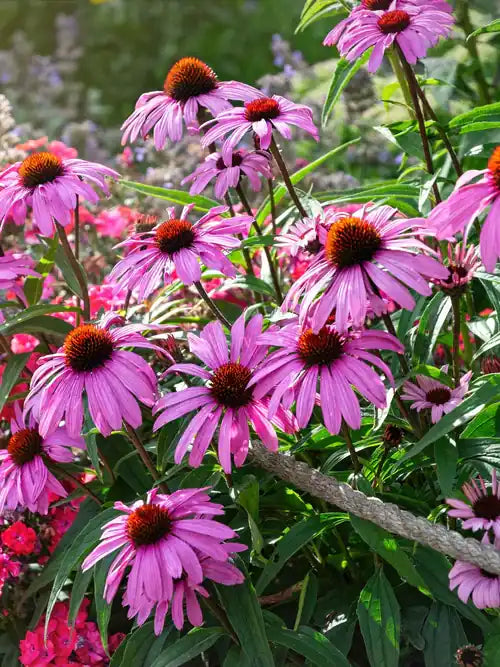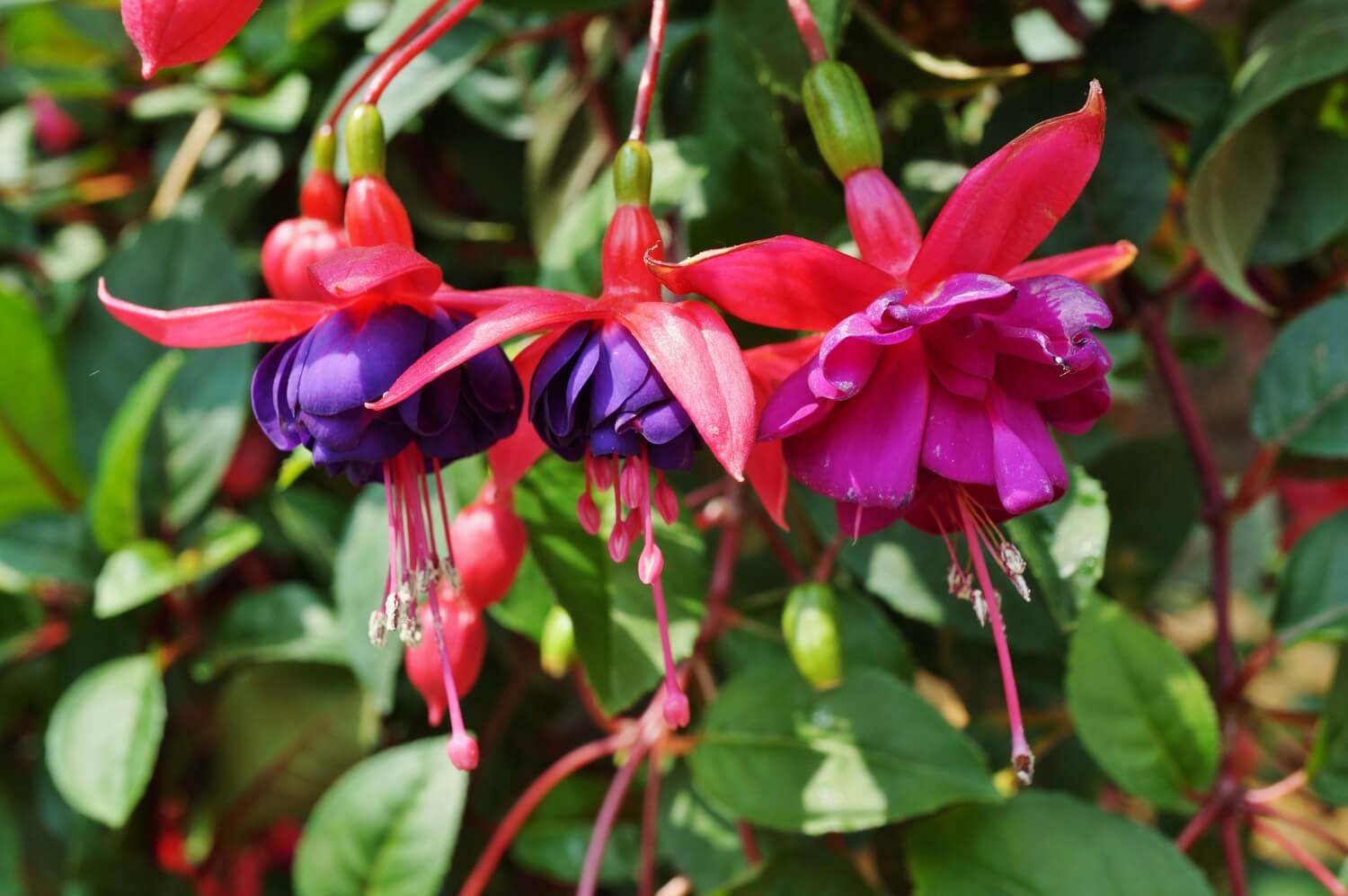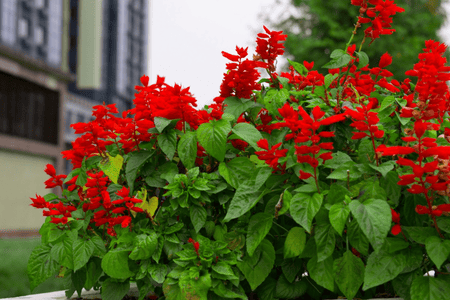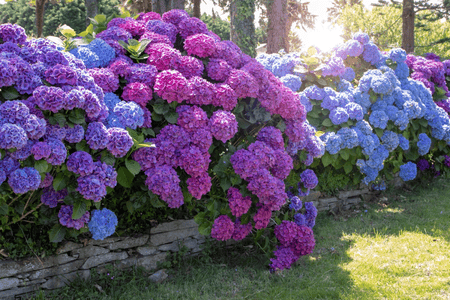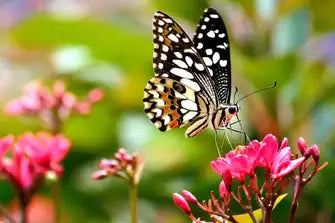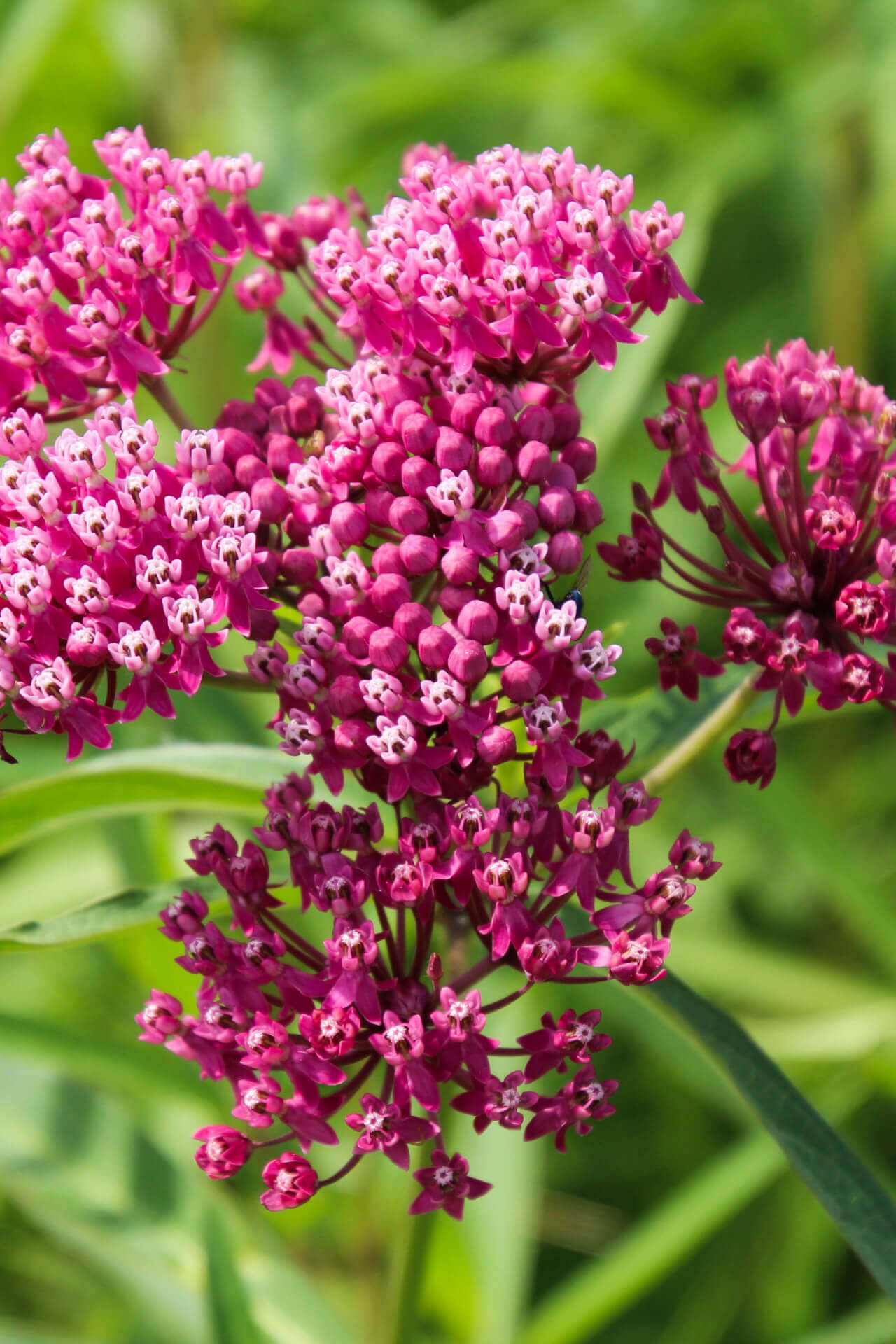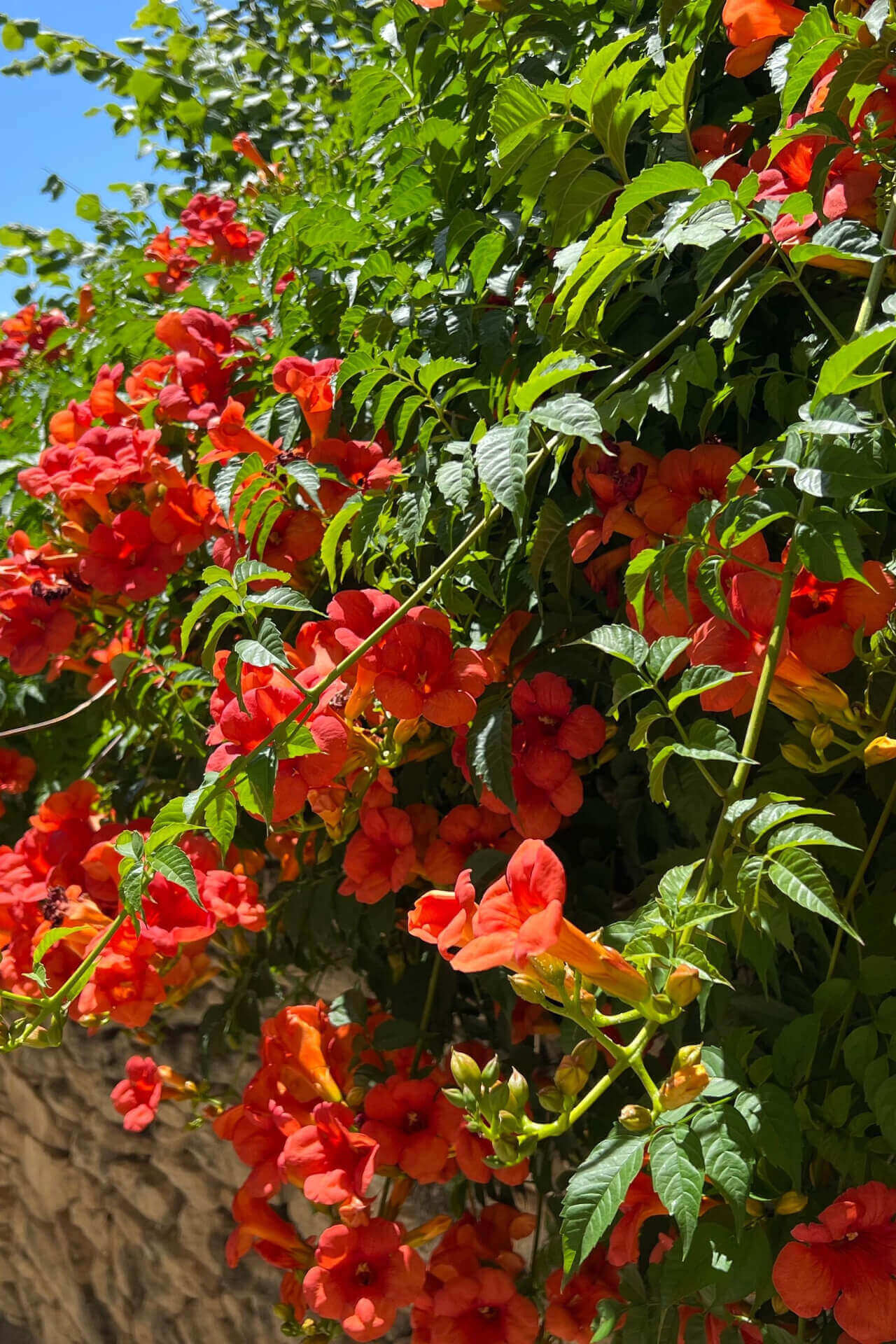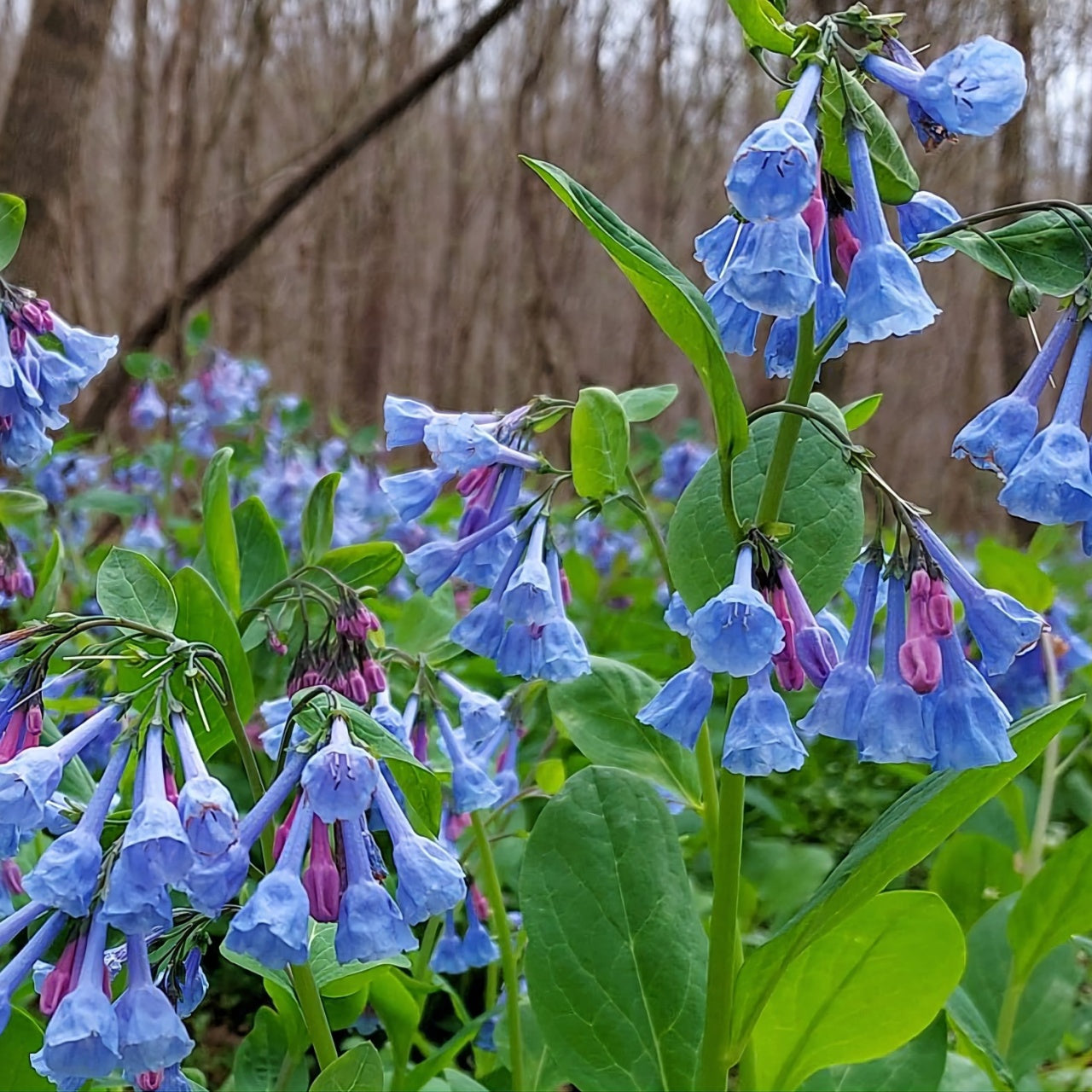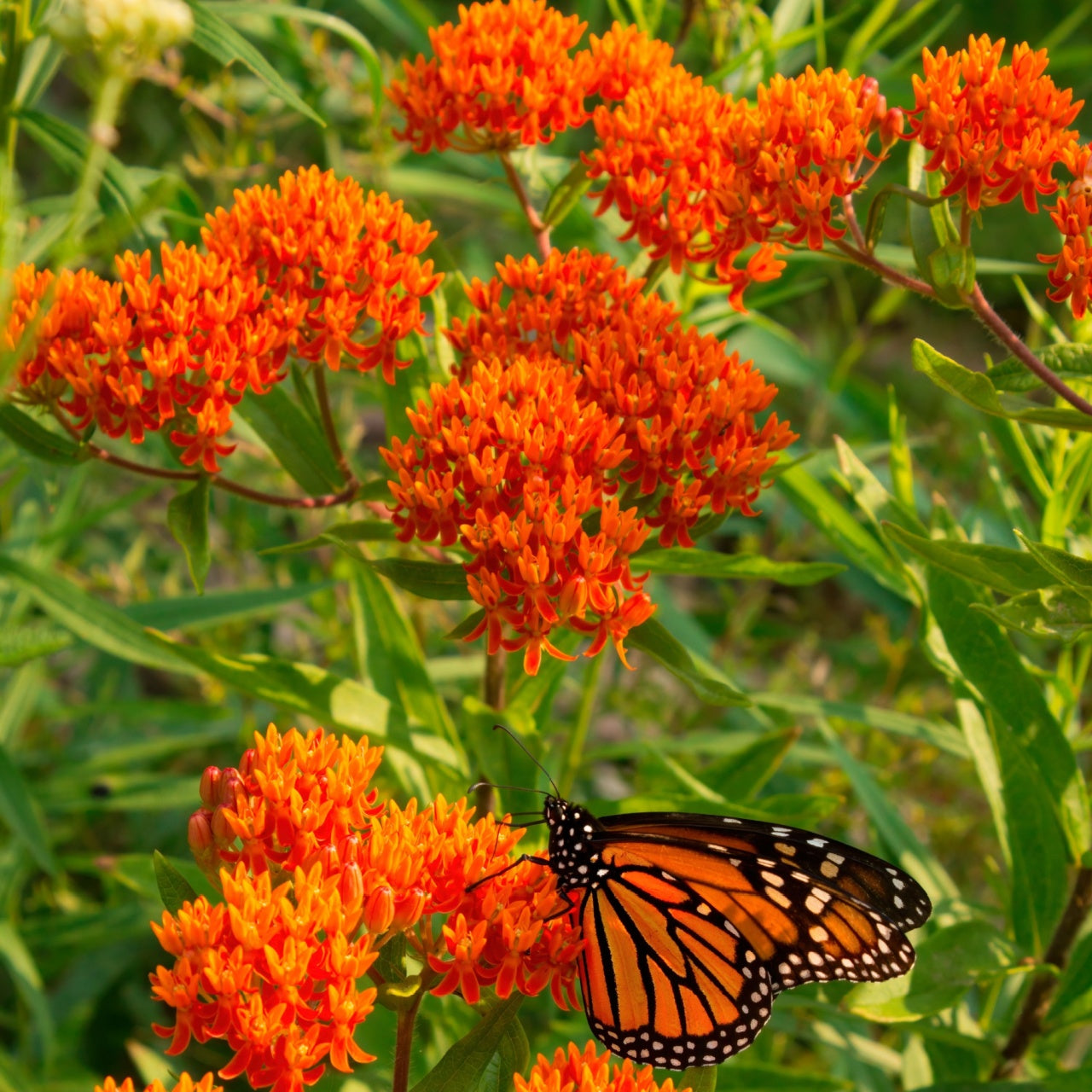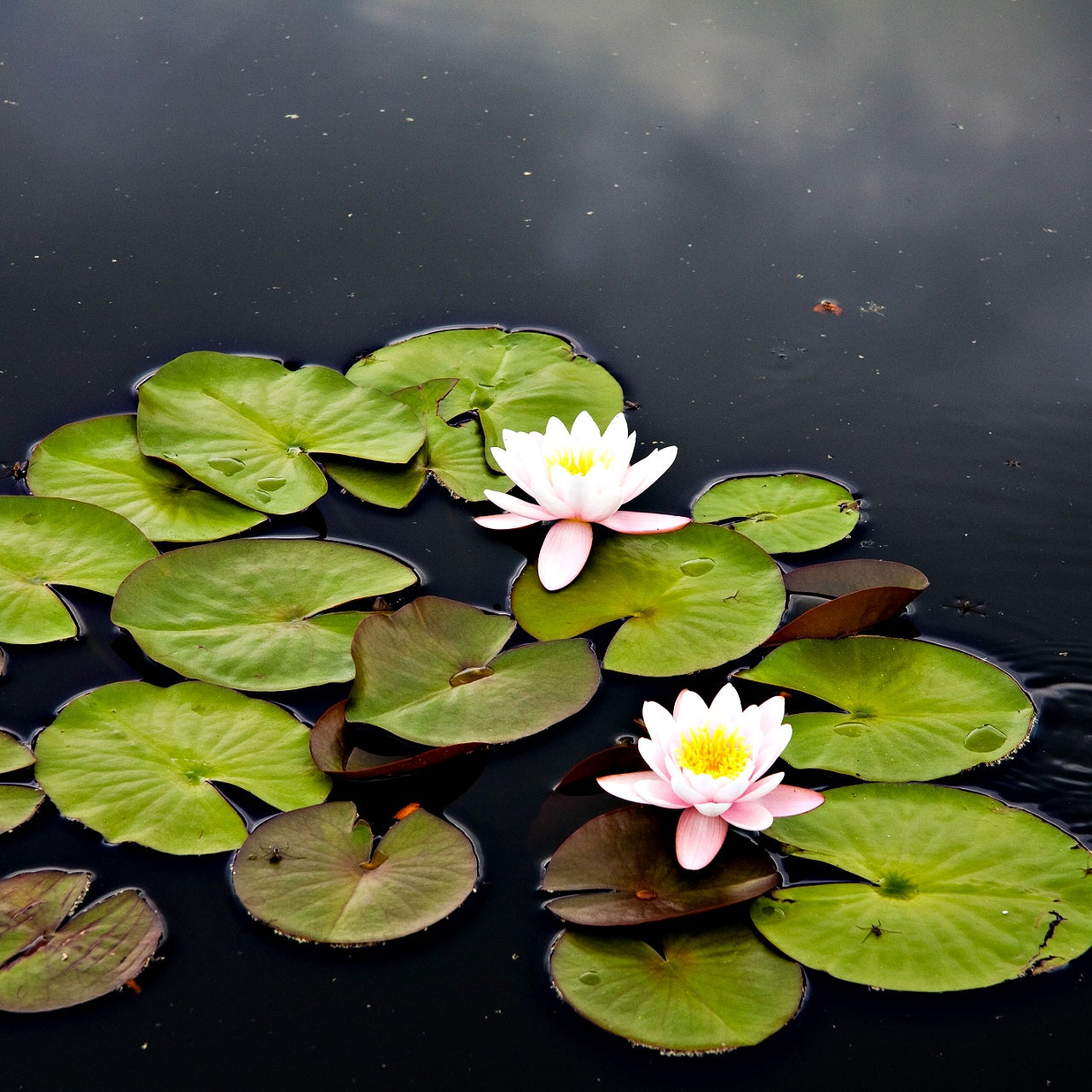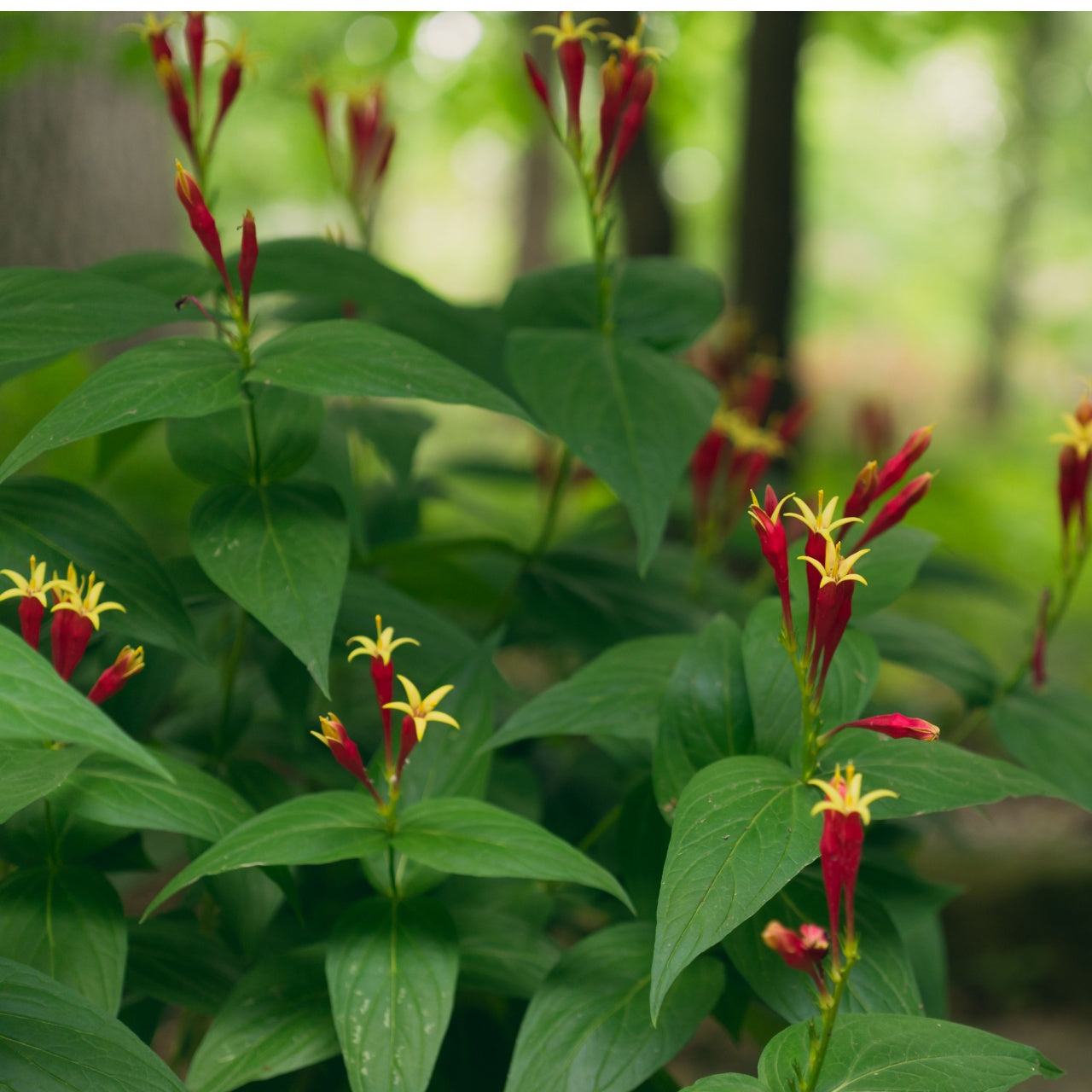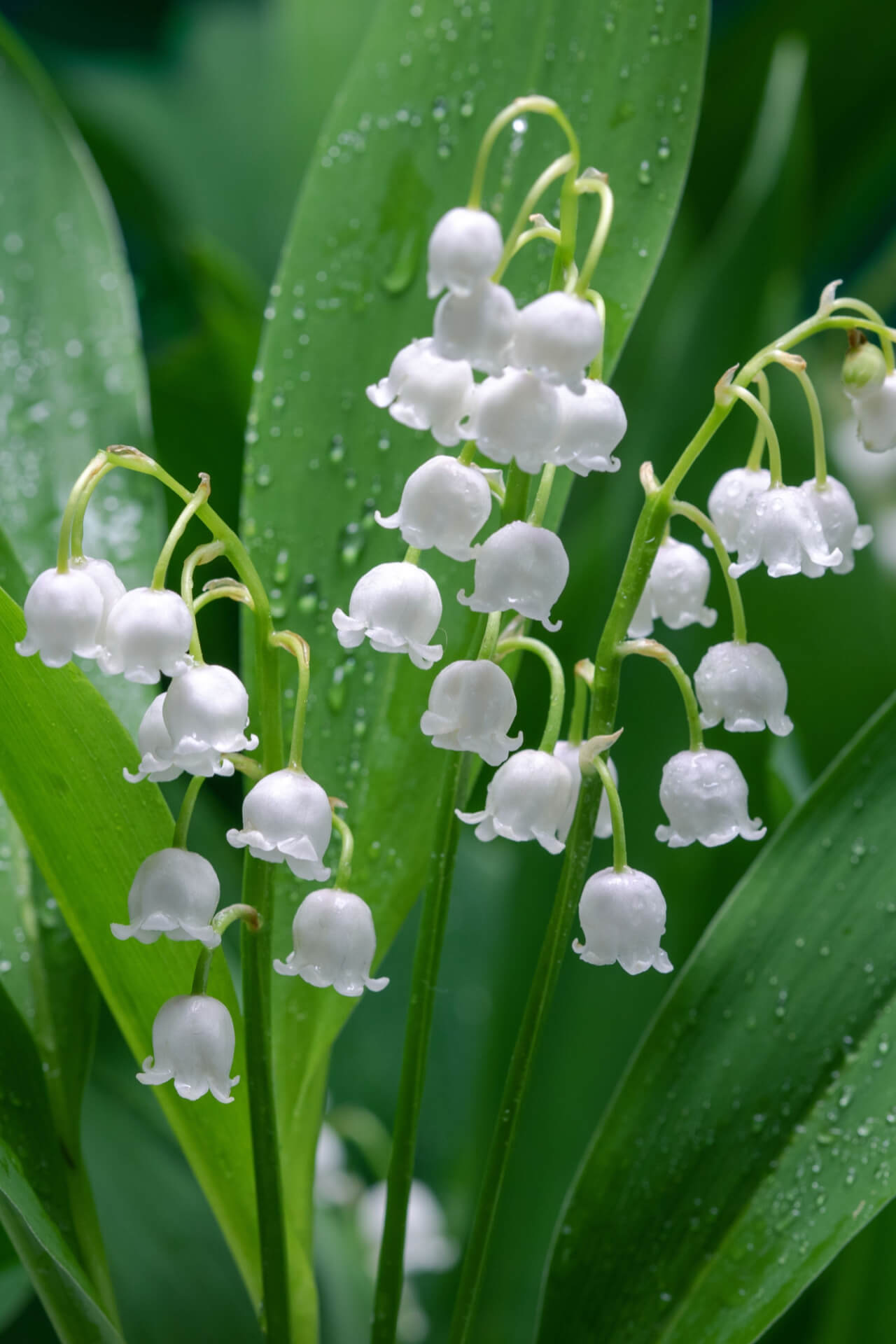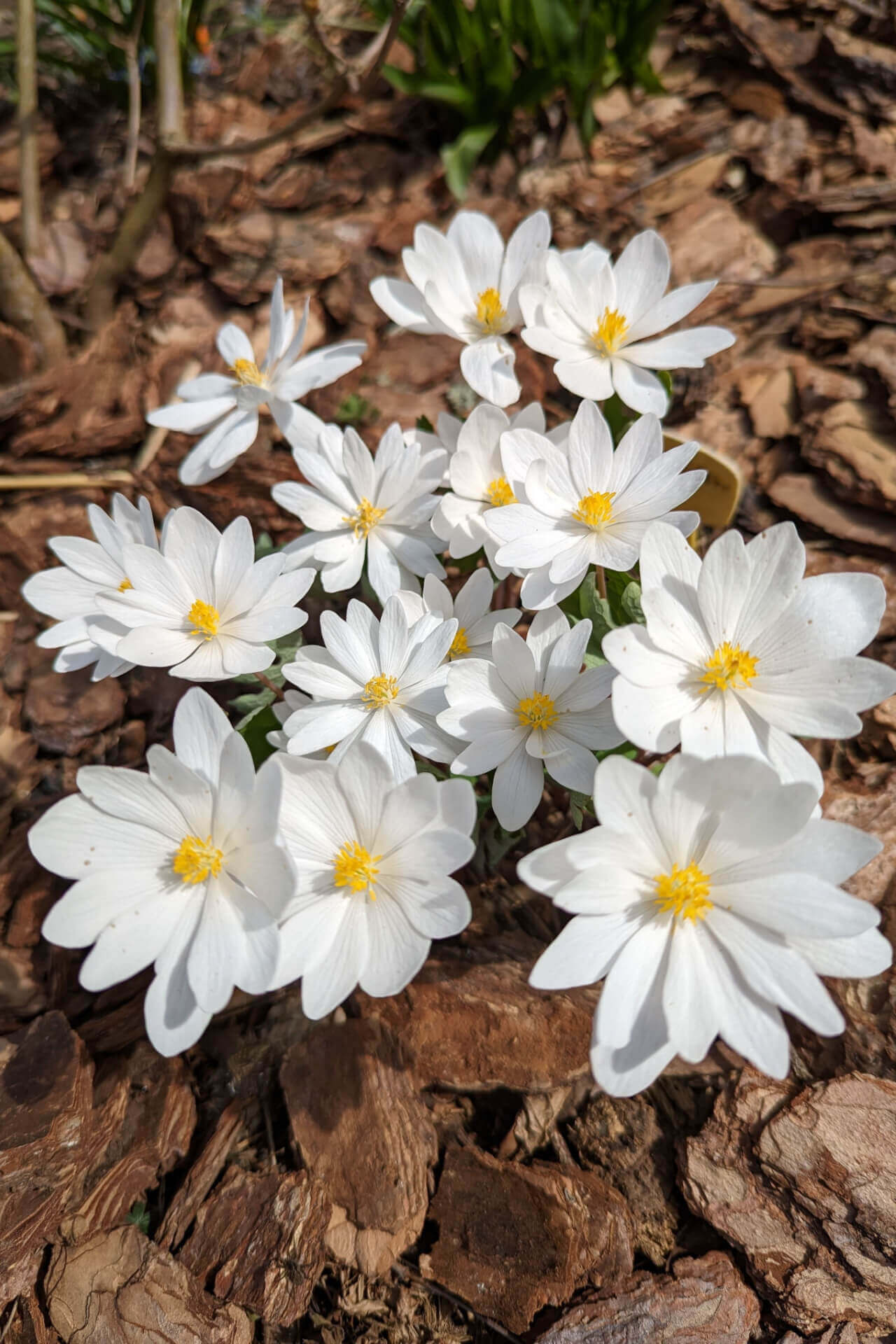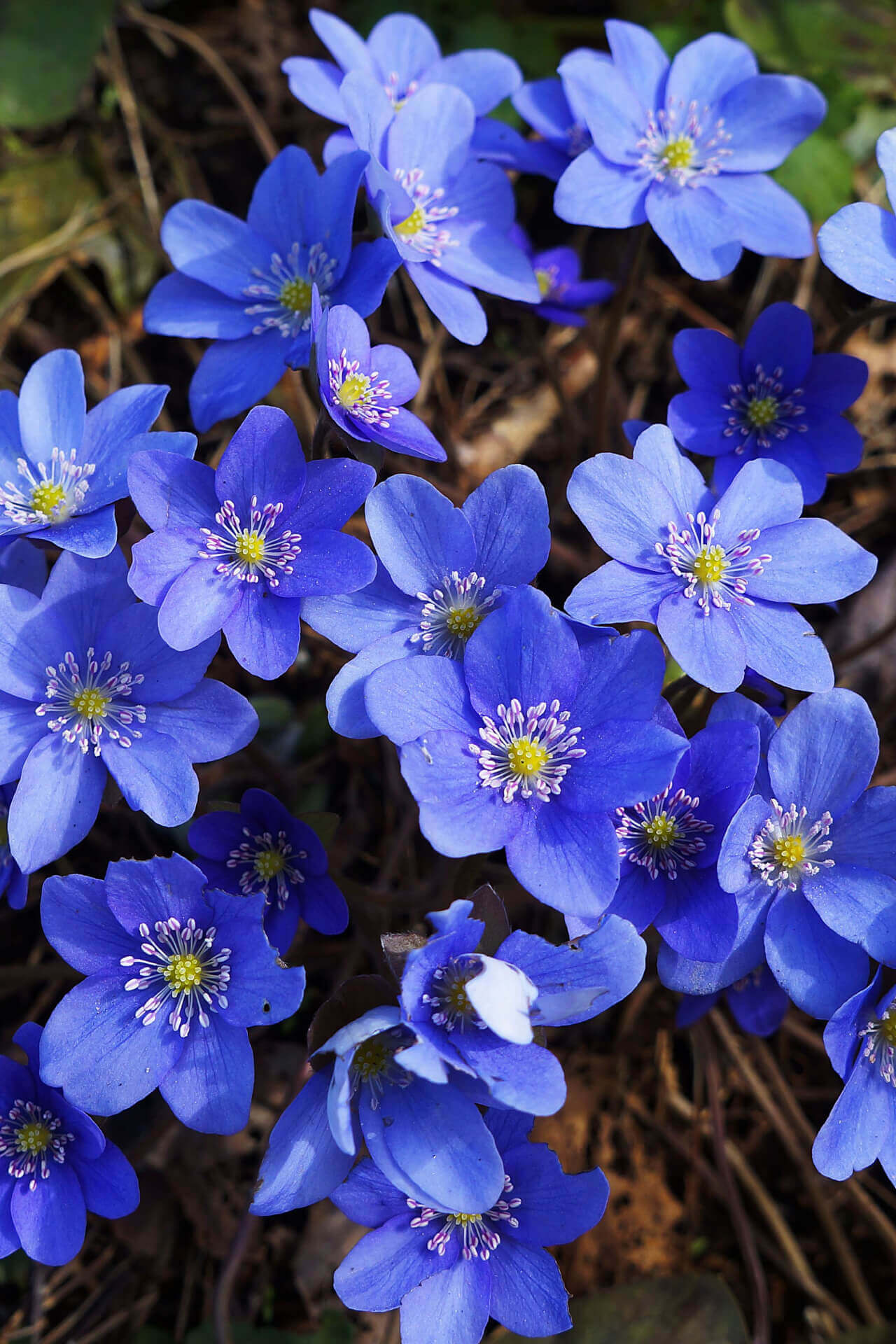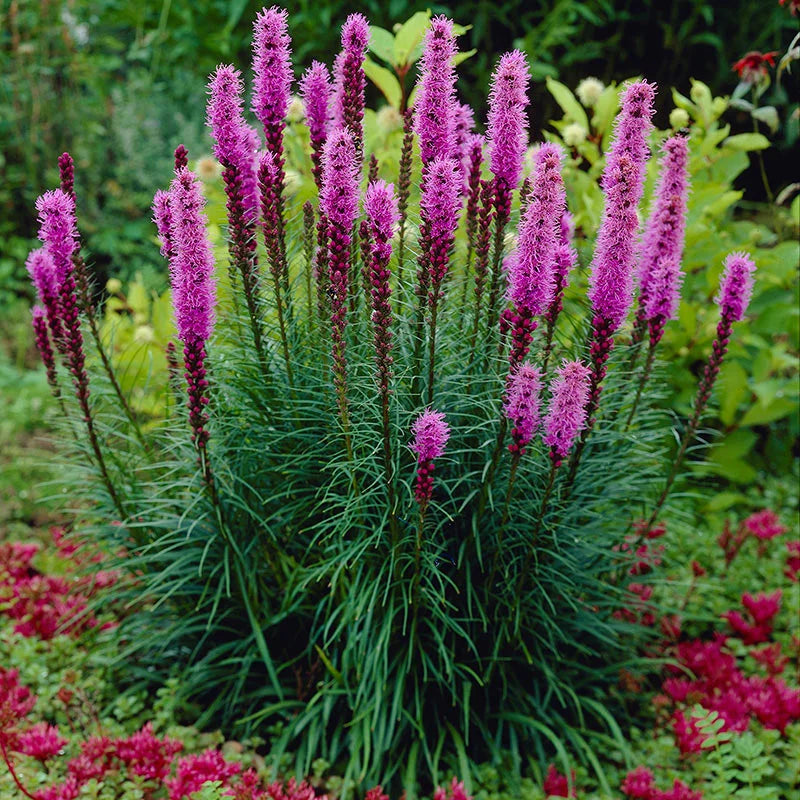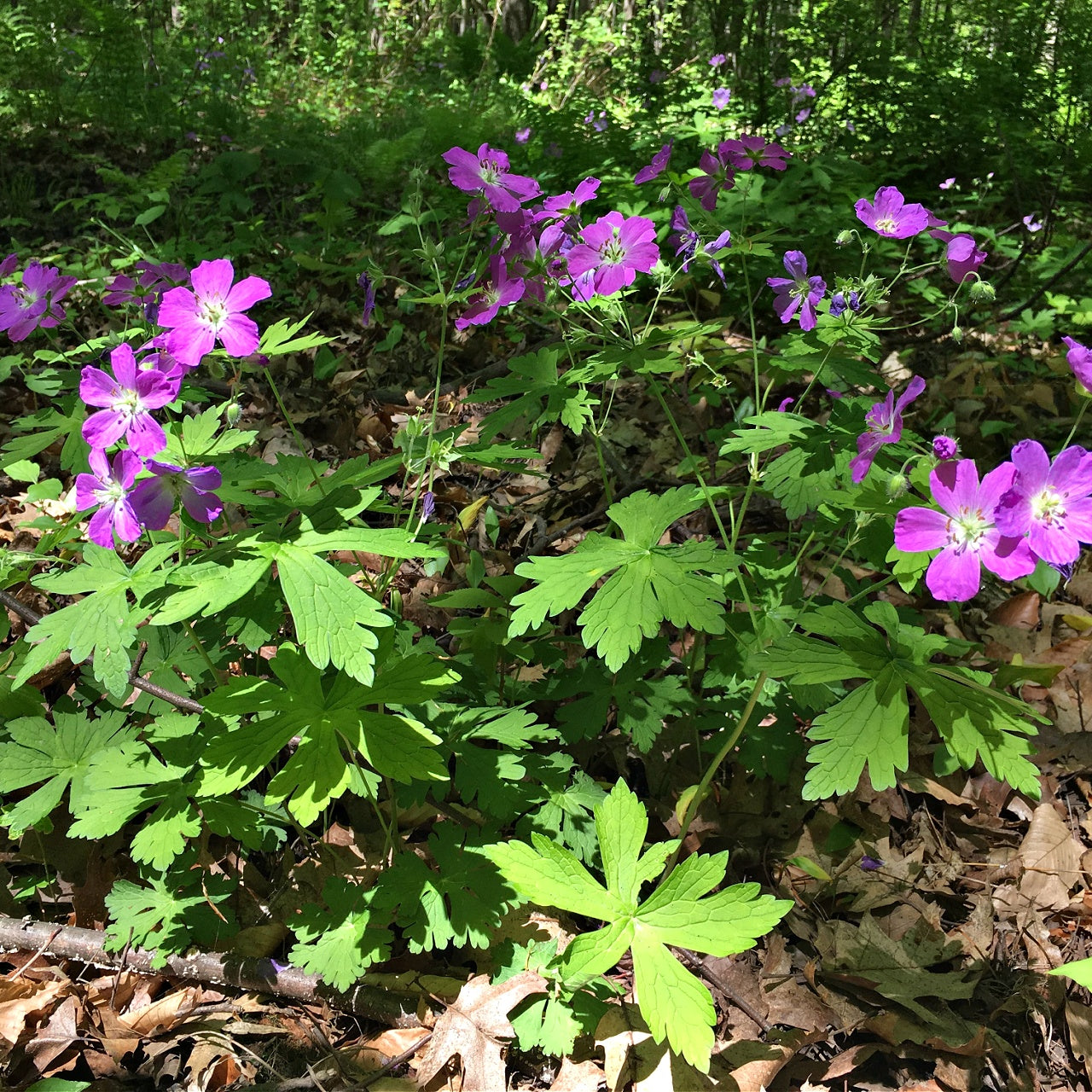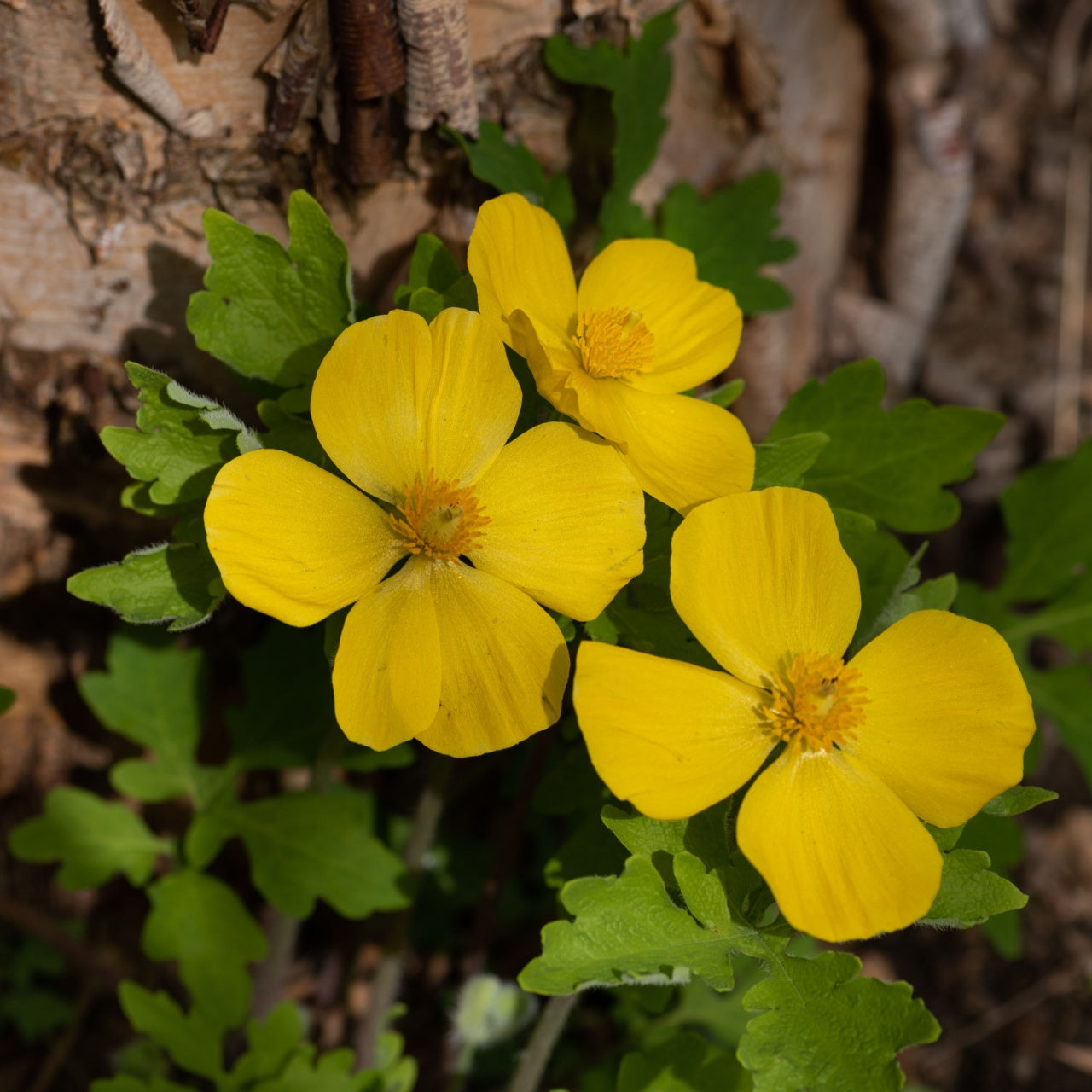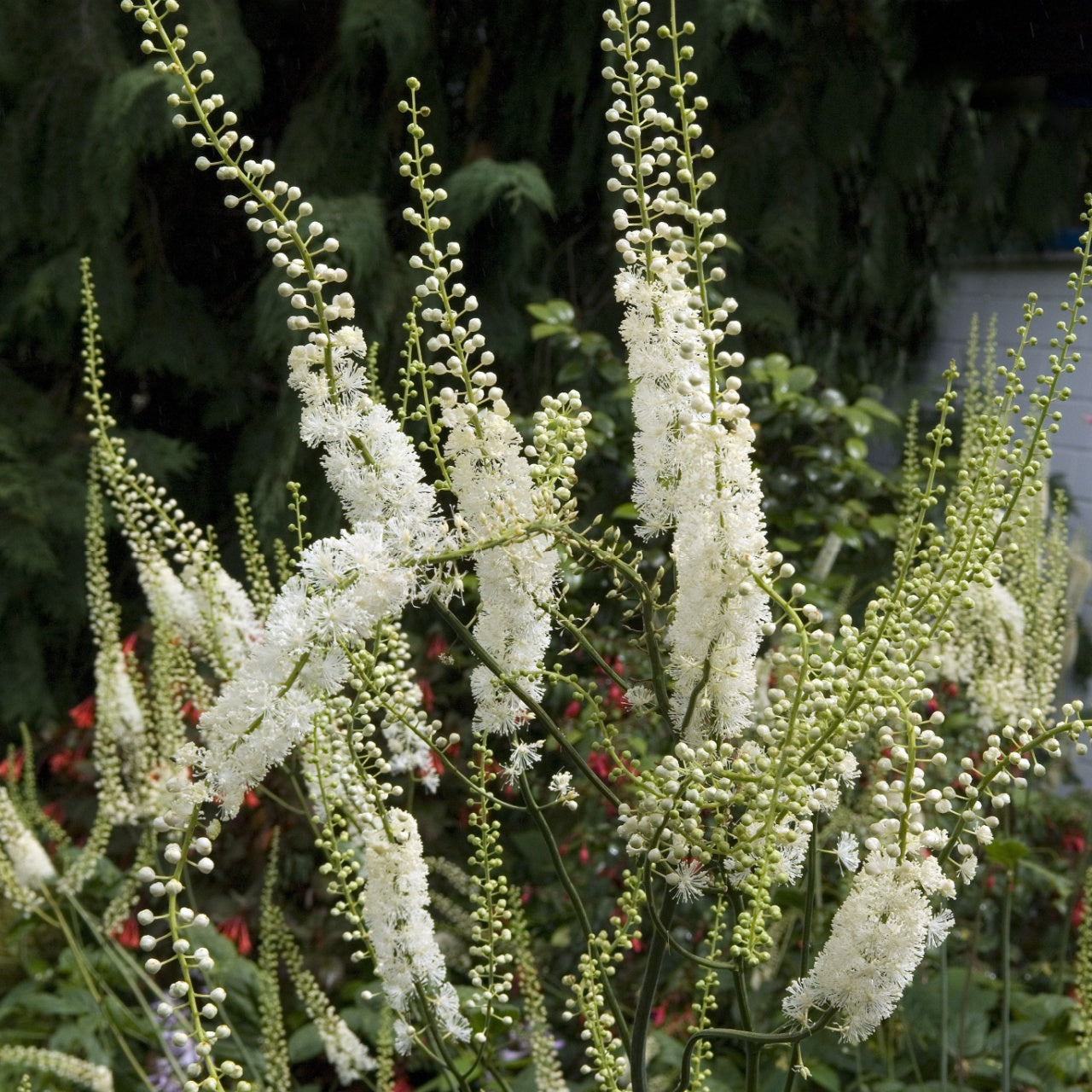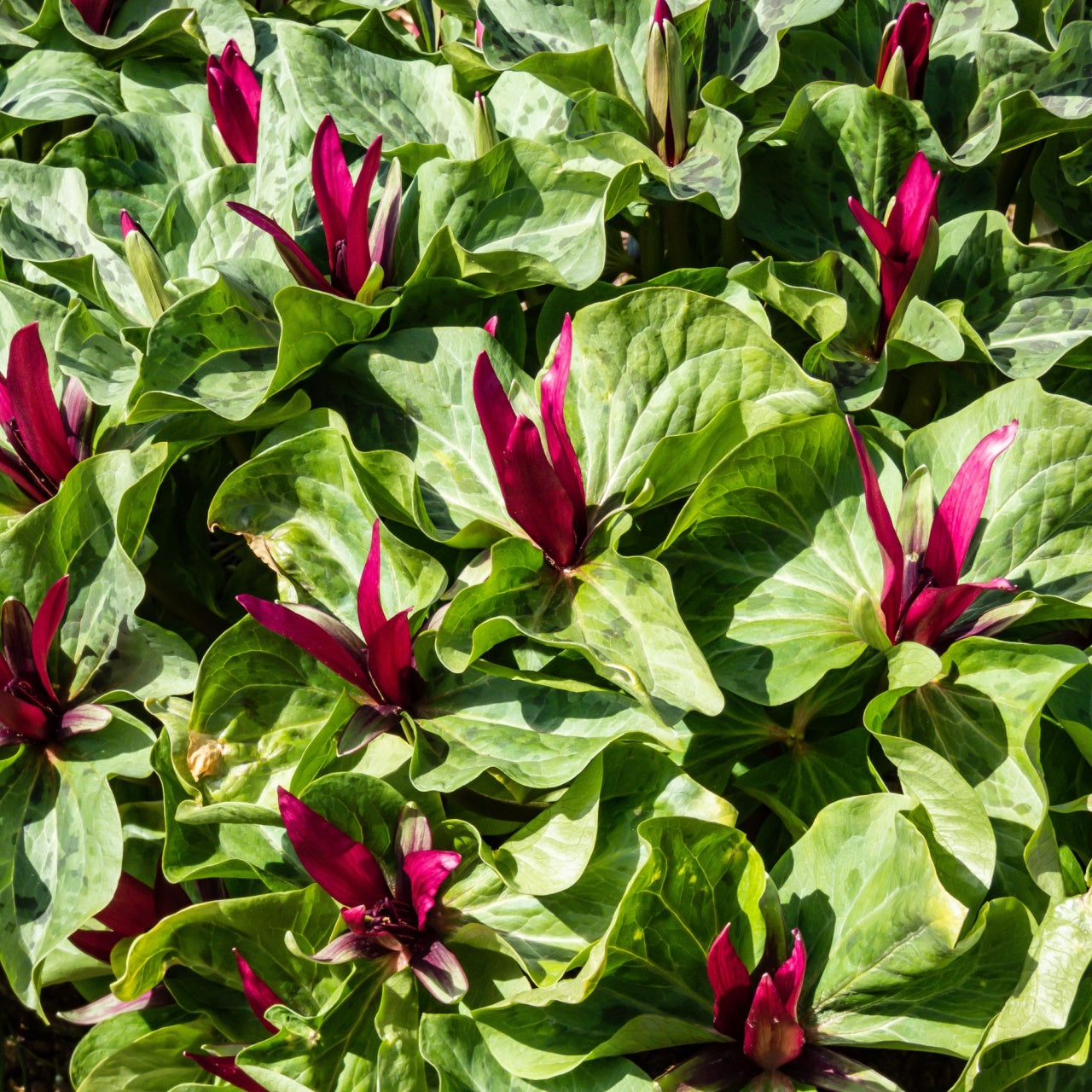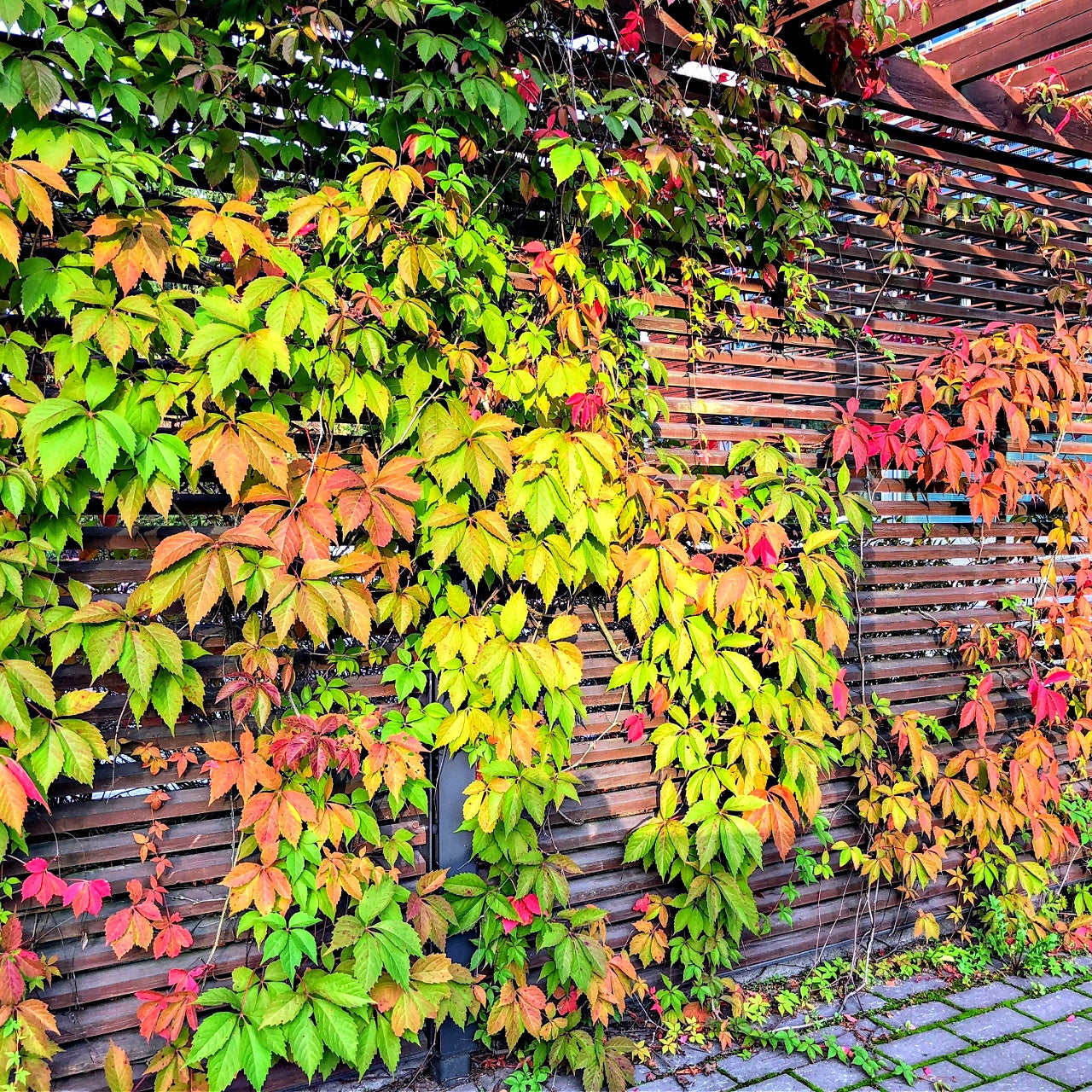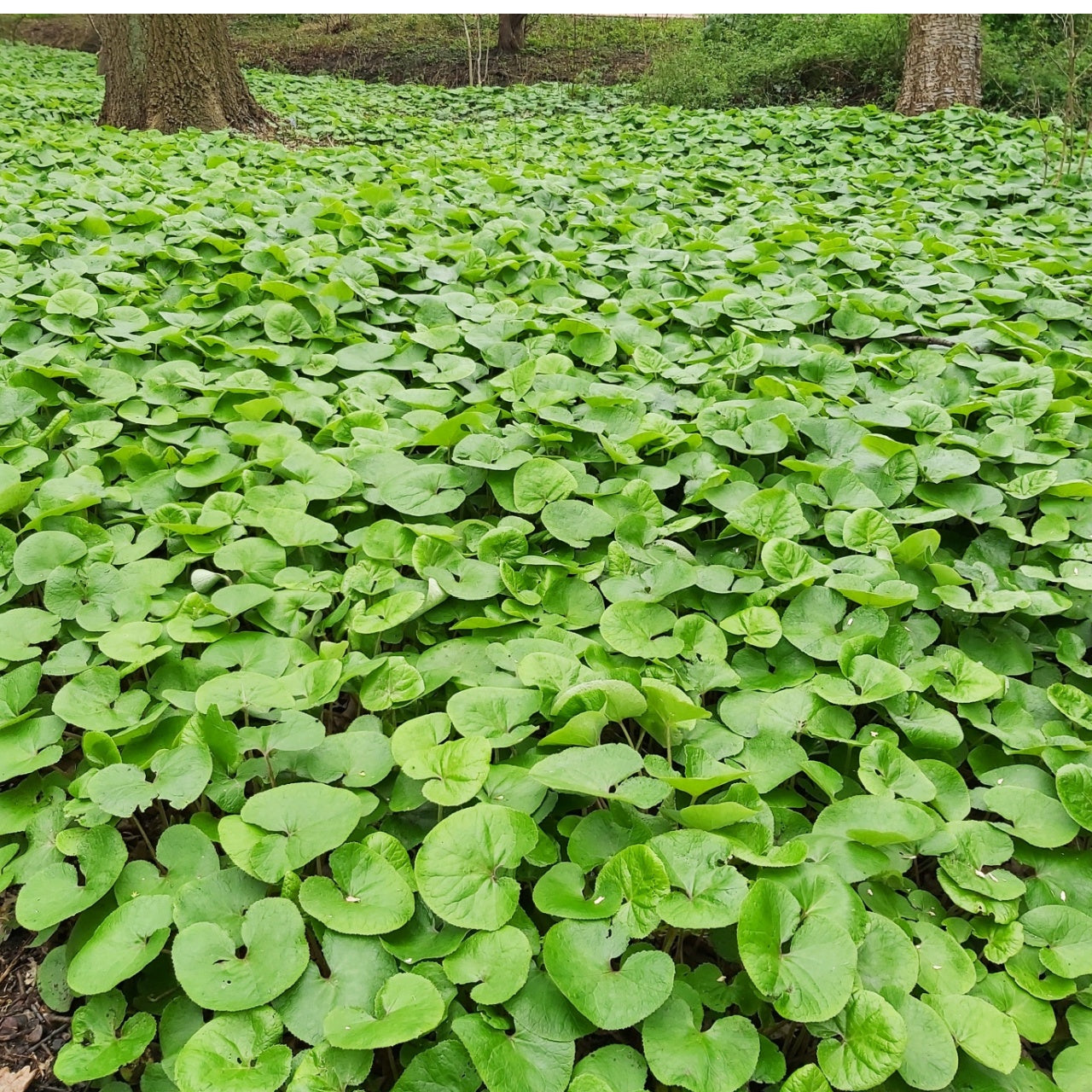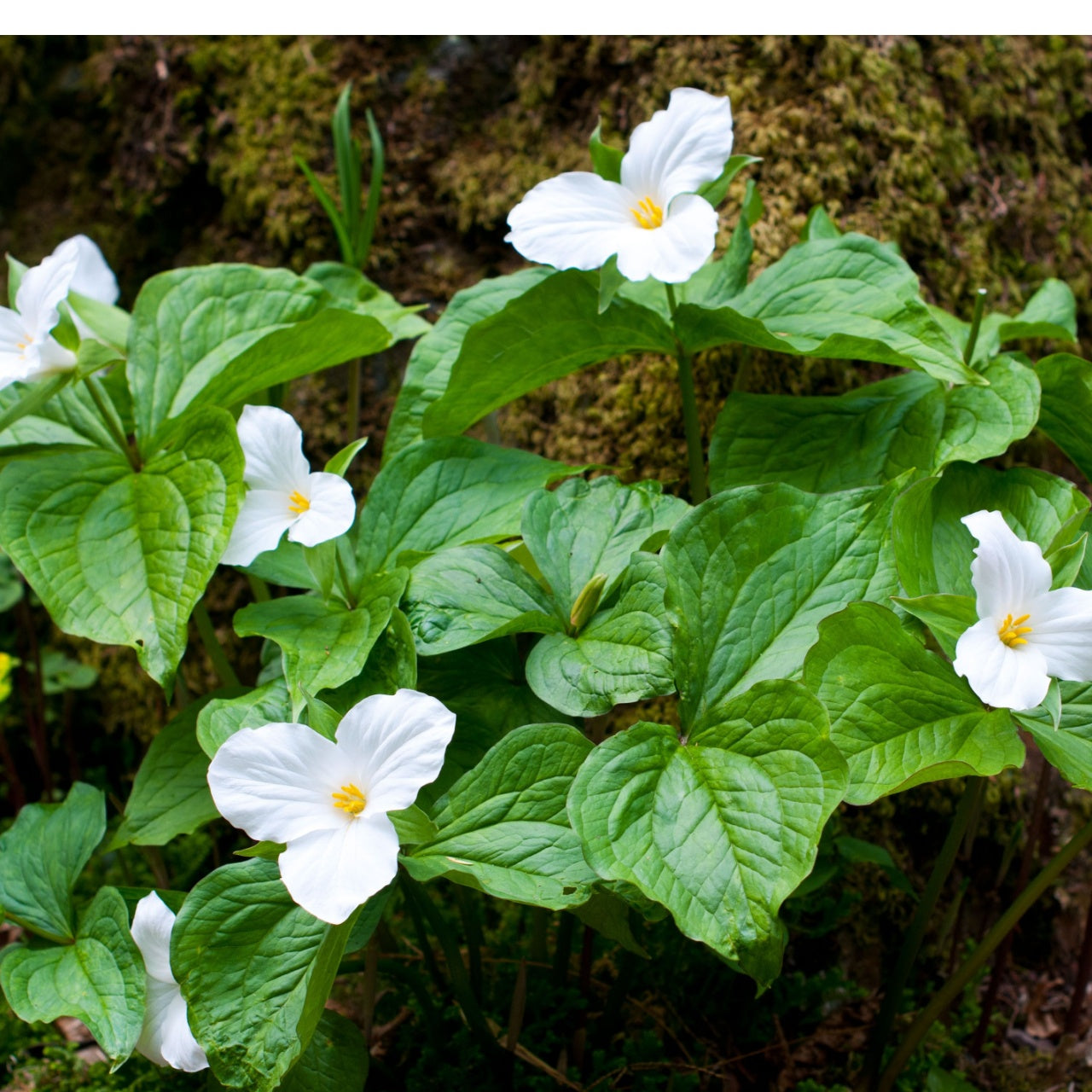Perennial Plants – Unlike Annuals, live for Decades, and Expert-Grown Quality from TN Nursery
At TN Nursery, we’ve spent over 65 years providing landscapers and homeowners with high-quality, bare-root blooming-age perennial plants. As a multi-generational, family-run nursery with deep horticultural roots, we understand the importance of long-lived perennials in creating sustainable, low-maintenance landscapes.
They return year after year, improve soil quality, support pollinators, and provide reliable color without the need for constant replanting. When people search for these native plants online, they want more than just flowers—they want plants grown with experience and trust. That’s what TN Nursery is known for across the country.
Our plant collections feature native wildflowers, long-blooming varieties, shade-loving favorites, erosion-control plants, and specimen plants carefully selected for their performance in a wide range of USDA zones. With decades of hands-on experience growing for customers such as Arlington National Cemetery and the Washington Monument, TN Nursery stands as one of America’s most trusted growers of hardy garden plants.
This deep horticultural background is what shapes our planting guidance, quality standards, and seasonal recmmendations. When we ship a perennial, it’s freshly dug, bare-root, and ready to thrive once planted— a method that results in stronger roots, healthier growth, and faster establishment.
Why Perennial Plants Are the Backbone of a Thriving Landscape
Perennials offer lasting beauty with minimal care, but their benefits extend beyond their appearance. Many of our top-selling plants, including coneflowers, daylilies, bee balm, hostas, ferns, asters, and sedges, play a crucial role in the environment.
They help stabilize soil, support pollinators, attract butterflies and native bees, and add habitat diversity to gardens. Since they return every year, perennials adapt to your soil and climate, making them more resilient than annuals.
Gardeners who choose TN Nursery's native plants often see quick improvements in garden health, water retention, and seasonal structure. This mix of performance and sustainability is why they are among the most searched-for plants in the U.S.
TN Nursery’s Proven Perennial Quality
When ordering plants online, homeowners want to know their plants come from an experienced, trusted grower. TN Nursery has shipped millions of plants to customers in all 50 states, earning trust through clear growing practices, field-grown quality, and expert care from start to finish.
Our plants are grown in Tennessee soil and shipped dormant, allowing them to transplant easily and establish roots quickly. This approach shows our decades of expertise and is based on proven, scientific methods. Every bulb you order from TN Nursery is backed by real horticultural knowledge and a strong reputation for quality.
Choosing the Right Perennials for Your Landscape
Since we grow hundreds of hardy perennials, it’s easy to find varieties that fit your climate, soil, sunlight, and design needs. You can search by bloom color, bloom time, height, pollinator value, shade tolerance, or drought resistance.
Whether you want to plant a pollinator garden, create a low-maintenance yard, naturalize a woodland edge, or add long-lasting color to a sunny spot, TN Nursery has a selection ready to ship.
What makes perennial plants different from annuals?
They return year after year from the same root system, providing multi-season beauty and long-term landscape value.
What are the best perennials for full sun?
Popular sun-loving choices include coneflowers, daylilies, bee balm, black-eyed Susan, and asters.
Do Perennials Draw Pollinators?
Yes, most provide nectar, pollen, shelter, and places for butterfly, bee, and hummingbird larvae.When is the best time to plant perennials?
They can be planted in the fall or spring, but at TN Nursery, we keep a large selection of them in a cooler to stay dormant, allowing them to be grown all year round.
For gardeners seeking reliable, sustainable, and long-lasting color, the answer is simple: perennials from TN Nursery offer unmatched quality and genuine horticultural expertise.
